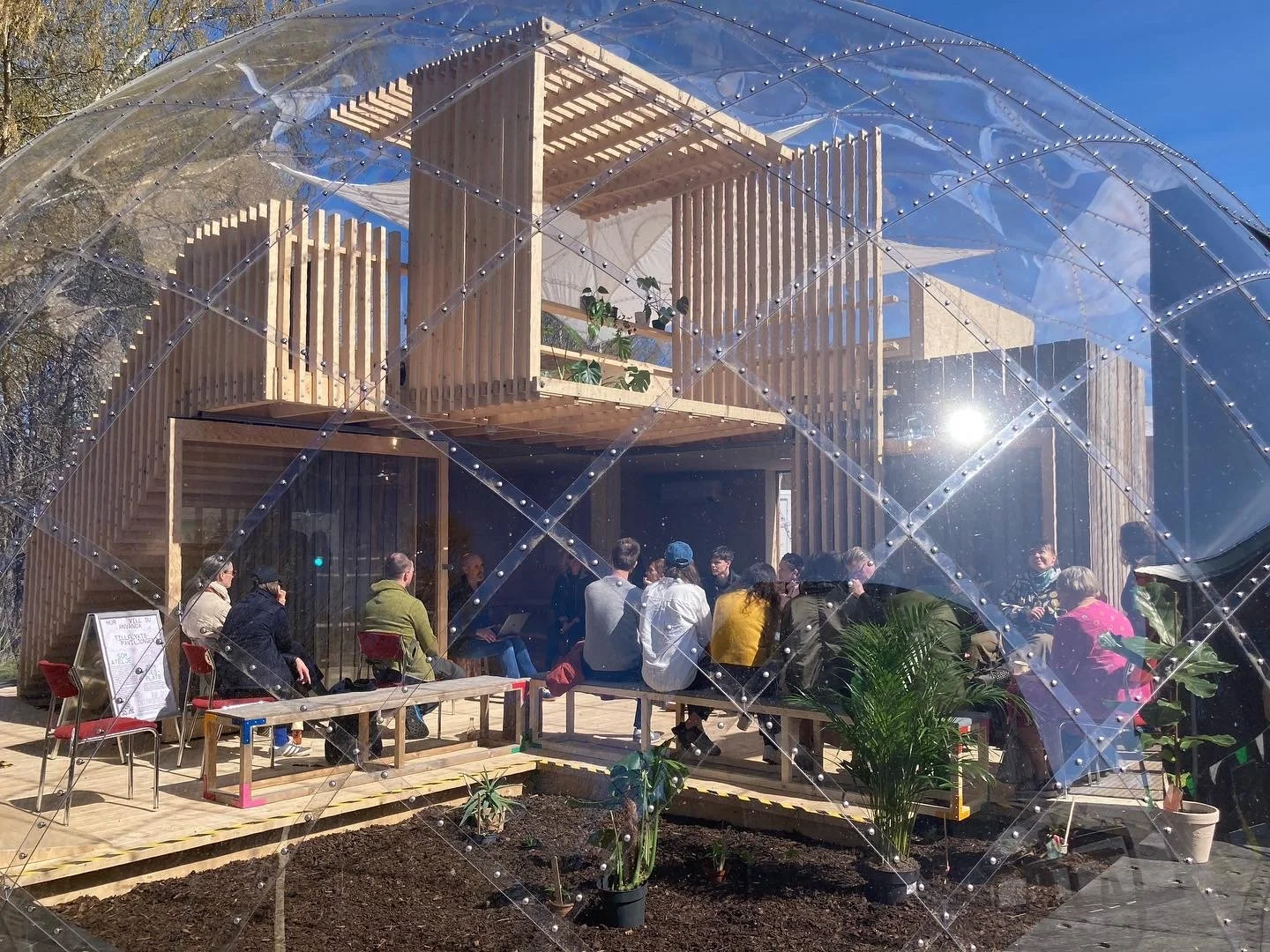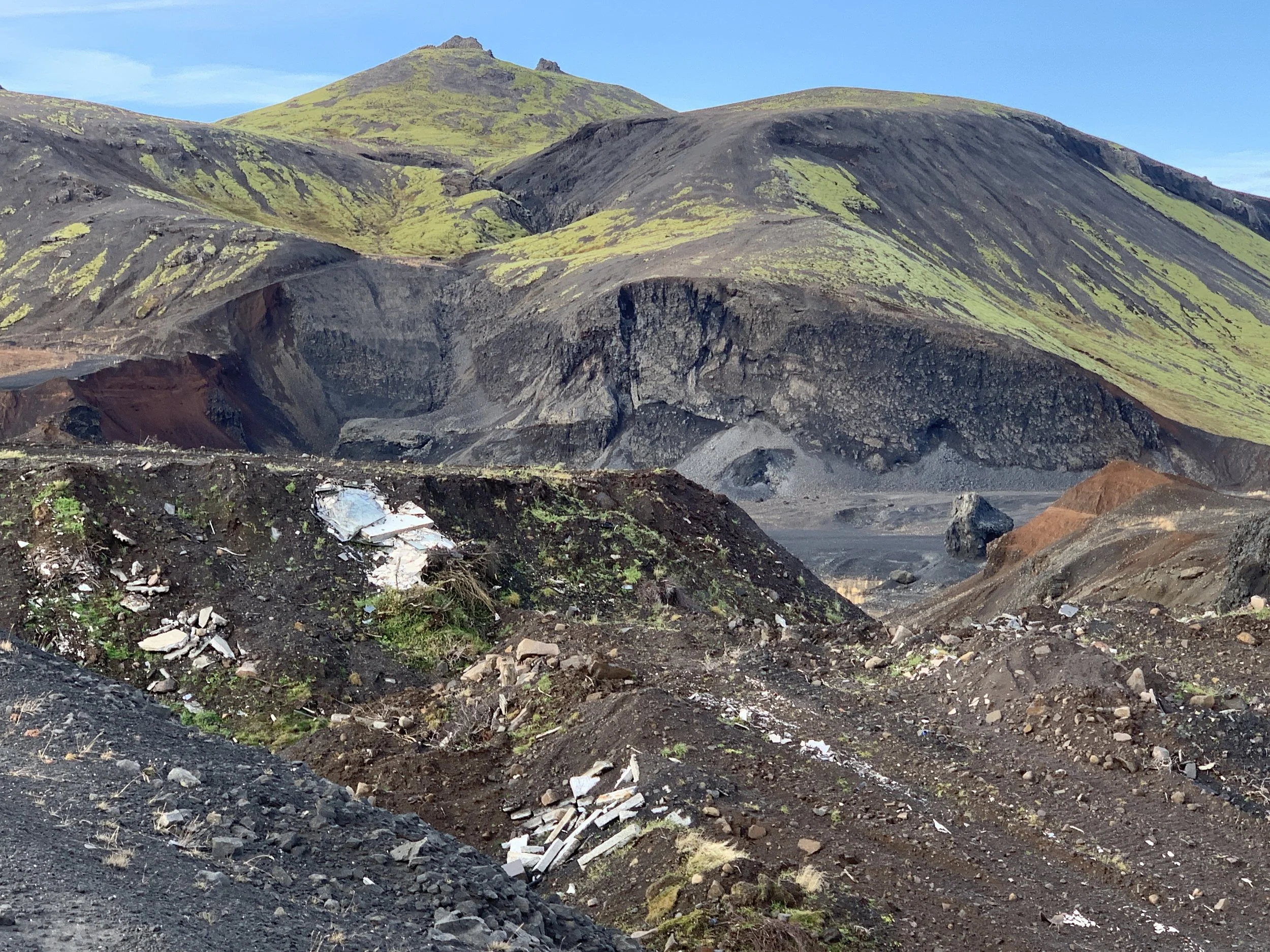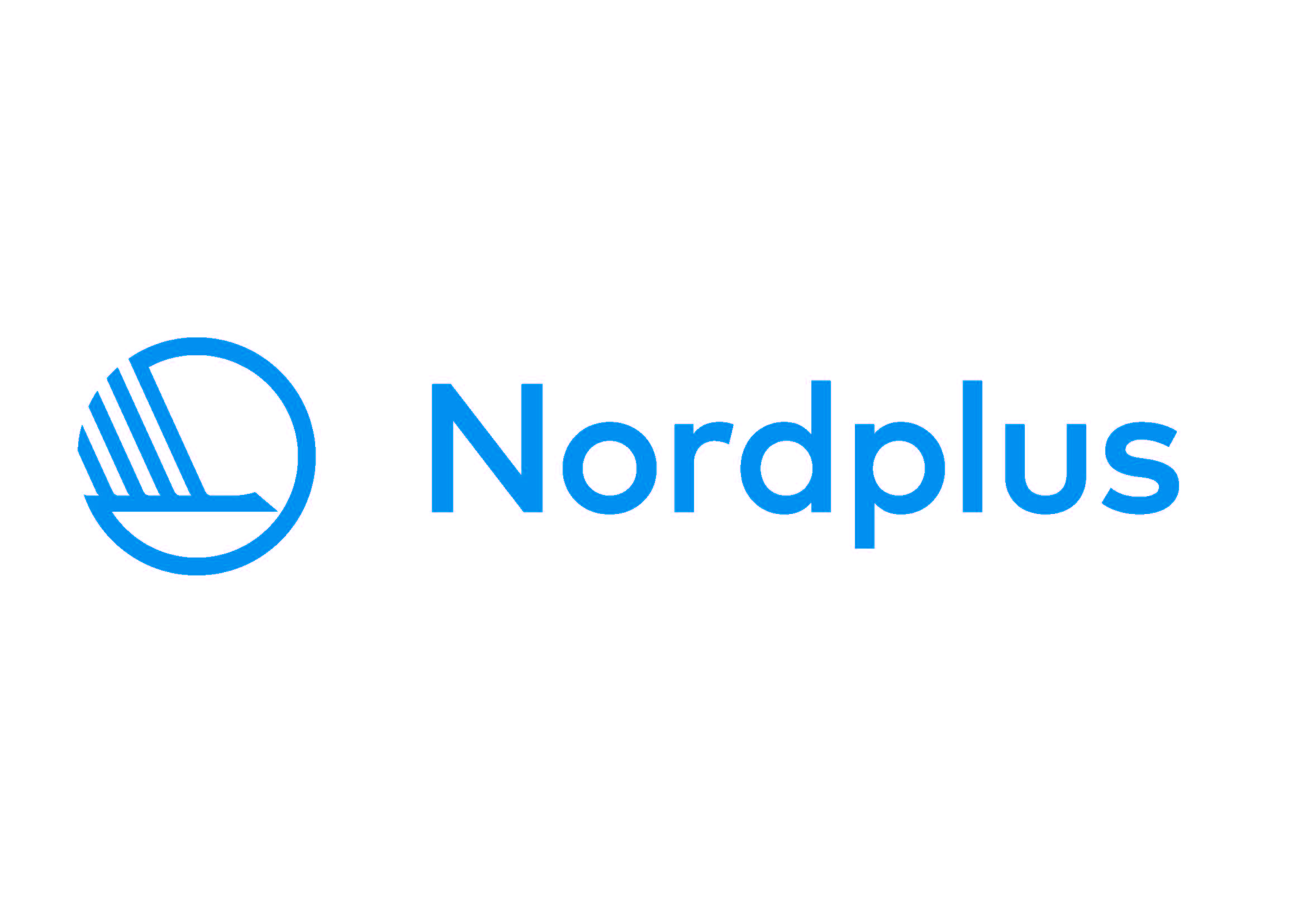
Textile Future Scenarios
Title of the course: Textile Future Scenarios
Intensive course dates: Sep 8th - Sep 14th, 2025 (Arrival in Lithuania on September 7th, departure from Lithuania on September 15th))
Study programmes: Textile Art, Textile Design, Textile and Fashion
Level: BA & MA (except final year students)
ECTS: 5
Hosted by: Vilnius Academy of Arts, Lithuania
Project partners:
Estonian Academy of Arts, Estonia
University of Bergen, Norway
University of Gothenburg, HDK-Valand – Academy of Art and Design, Sweden
Location: Nida Art Colony, Nida, Lithuania
Eligible students:
5 students at BA or MA level from each of the following institutions:
VDA, Vilnius
EKA, Tallinn
HDK-Valand
Gothenburg KMD UoB, Bergen
Additionally, 2 slots will be open to other students from across the KUNO network.
Application deadline: April 13th, 2025. Selection results will be announced by the 18th of April 2025.
How to apply: Please submit an online application by the deadline. The application must include a short (max 400 words) letter of motivation answering the question – “Why this intensive course is relevant to your areas of interest in textile related practices and concerning the future of the field of textile art and design” + (max 5). Representative artworks/projects, that may also be related to the topic of the intensive course.
Intensive course description:
The contemporary state of art and textile culture emerging in the world today is marked by various crises which together are igniting a vivid discourse amongst art practitioners, pedagogues and students concerning the genuine openness of textiles to adapting to an ever-changing world. Reimagining trends in textiles and its significance in today's art and design practices, the goal of the intensive course is to stimulate new creative and individualized scenarios by practically developing the use and application of textile trends and materiality. The course proposal will focus mostly on the ‘gathering’ and ‘thinking together’ – in the vein of a creative ‘think-tank’.
Objectives and outcome:
The main goal of the course is to create textile future scenarios on the topic of interaction between culture and nature, and to relate it to the disparate locations of all the participating institutions. Students will gain experience situating their practice in a specific context, in dialogue with the associated local actualities. VAA offers the Nida Art Colony (NAC) as the first location of the course. The proposals of students for the textile future scenarios and visions. Greatest emphasis is on the thinking-through-making concepts – being together and activating ideas that might well deliver relatively ‘poor’ practical outcomes - but materializing ideas and visions as the start of very much more. Further, this intensive course programme will help create the basis for a planned scientific publication on the future of textiles as discipline.
Learning outcomes:
1) Experience of textiles-based practice-led working in an international team context.
2) Building an understanding of the interface of textile media in the context of a given site and learning environment.
3) Building and advancing a flexible understanding and openness to the needs for textiles to be adaptable in different contexts.
Provisional schedule:
Day 1: Introductory session. The course will begin with an introductory presentation by VAA Kaunas Faculty, Textile Art and Media Master program Leader Assoc. Prof. Monika Žaltauskaitė Grašienė and Textile and Fashion Bachelor Program Leader Assoc. Prof. Rita Kaupelienė, VAA International Department Leader Lina Koseleva. Presentations by EKA staff (Assoc Prof. Krista Leesi). Presentations by KMD staff (Professor of Art Textiles Tim Parry-Williams), Presentation by HDK staff (Senior Lecturers in Textile Art: Åsa Dybwad Norman and Emma Linde). Students will start working in personal textile future scenarios - developing a personal approach to the problematic field.
Day 2: Museum and local archive. Nets making tradition in Curonian Spit.
Day 3: Course Introduction. Including a ‘Trend Report’ / ‘Proposal’ etc. ONLINE. Invited lecture presentation by a leading thinker and influencer in contemporary textiles practices - to be confirmed
Day 4: Doing craft. Making inspiration. Net-making workshop. Water, drift materials, stuff, connected to something connecting us humans. Facilitated by tutors at each school.
Day 5: Students collaborating and sharing personal textile future scenarios, mixing them and continuing working in mixed international groups. Thinking through making. Critically unpacking – workshopping – and envisioning + activating relevant making.
Day 6: Round table discussions and consultations. How materiality is important in creativity processes. Presentation of intermediate ideas of the creative groups according to the topics. Reflection and discussion.
Day 7: Presentation of intermediate ideas of the creative groups according to the topics. Reflection and presentations. Open presentation of the final proposals.
Day8: Dissemination day – a mini seminar sharing findings, outcomes, manifestos – ONLINE. Open dinner with the NAC community.
IMPORTANT: As far as possible, applicants are expected to check that participation in the intensive course will not clash with scheduled activities in their home academies, BEFORE submitting their application.
About the location:
This intensive course will take place at the Nida Art Colony (NAC). It is a resourceful platform, which initiates art, education, and research projects, and aims to generate a creative confluence of academic and non-academic education, artistic and scientific practice. It prioritises contemporary art, design, and research projects on the topics of a greener future. NAC is a perfect place to discuss questions of sustainability, dialogue between (human) culture and (non-human) nature, and collaboration between incoming artists.
The workshop is funded under the Nordplus/KUNO framework.
Contact for further enquiries: lina.koseleva@vda.lt











